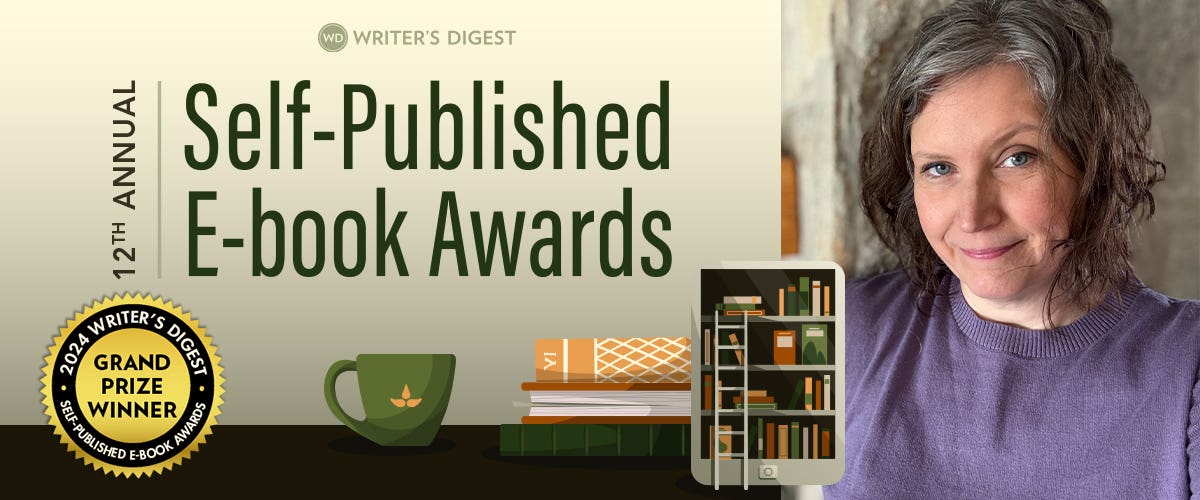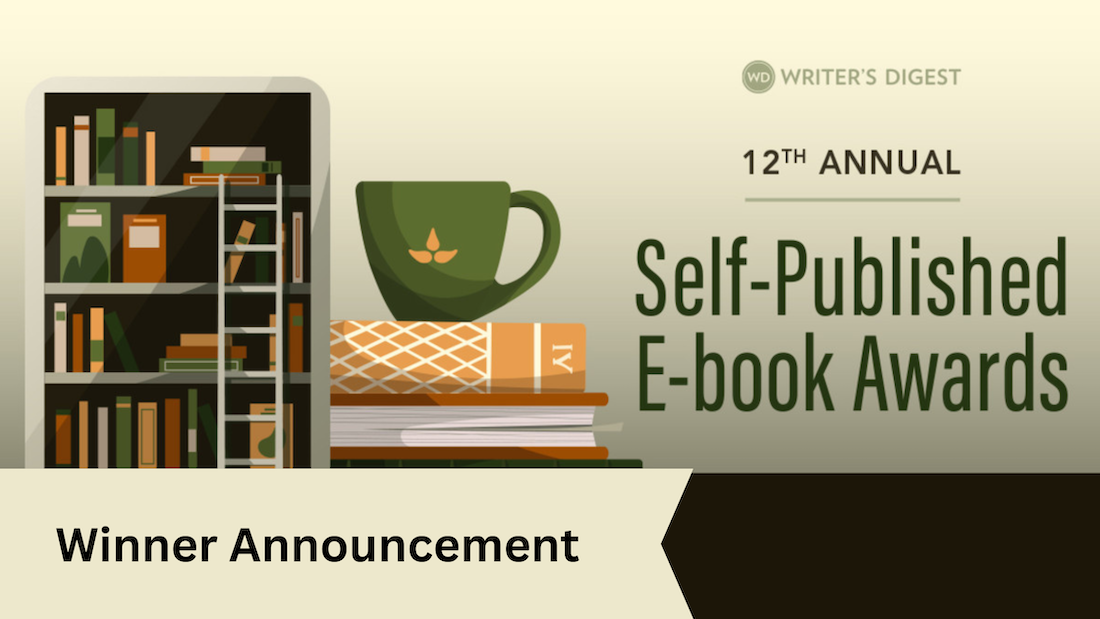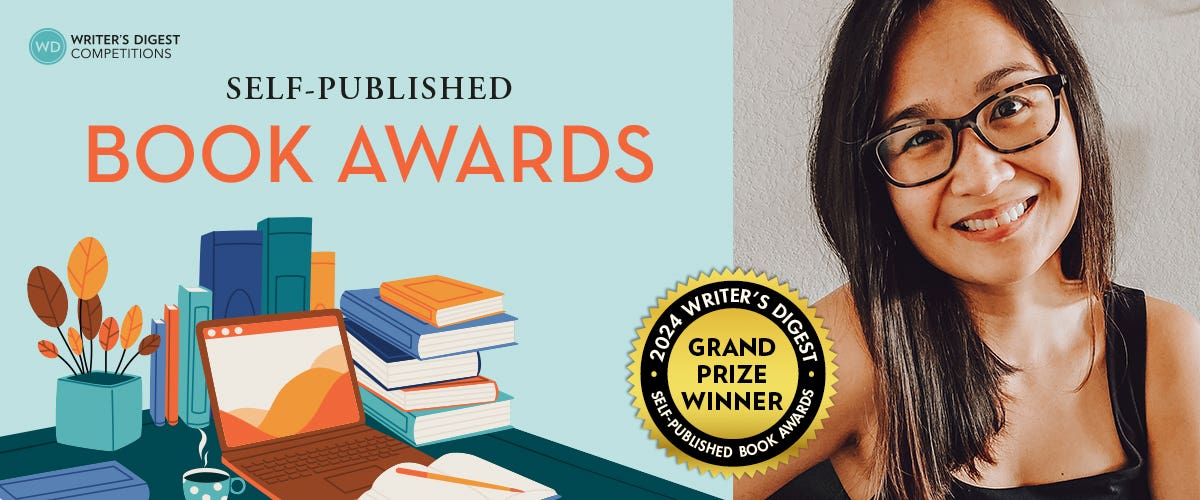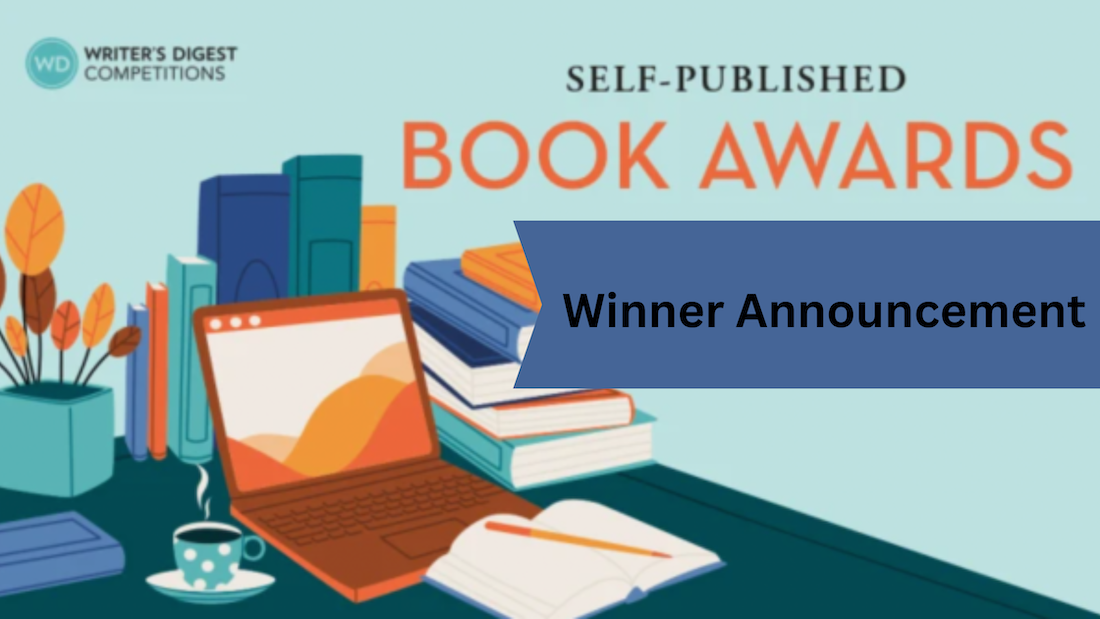6 Ways Winning a Writing Competition Helped Me Get Published
Here’s how winning a single major writing competition made the difference and helped me (and can help you) get published.
Winning the grand prize in the 80th annual Writers Digest Competition was easily the most thrilling experience of my writing career. Eleven thousand seven hundred entries and the judges picked my story, “Boy Witch”. I’m a full time writer now, but was still practicing dentistry when the call came through. My receptionist interrupted me in the middle of a procedure and said, “You’re going to want to take this.” I remember very little about the rest of the day.
Order a copy of John Biggs's Popsicle Styx.
Amazon
[WD uses affiliate links.]
I’d written about eighty short stories before the WD win on the advice of an editor I met at a writers’ conference. He told me I showed promise but needed to stop working on novels for a while and hone my skills on short fiction—easily the best writing advice I’ve ever received.
For the next three years I wrote short stories, submitted them to markets, and entered them in contests. By the time WD’s 80th annual competition rolled around, I’d won several contests but had managed to publish only four stories. Three of those were in a writers’ conference anthology with about 100 subscribers, and one was in a small literary magazine, The Storyteller.
Since the WD grand prize I’ve published sixty short stories and two novels. I have another novel and a linked short story collection coming out this year, and a contract on a fourth novel for 2016. Here’s how winning a single major contest made the difference:
1. Breakout psychology
After my story had been picked in a selection process as rigorous as the Annual Writers Digest Competition I knew I was a writer. Rejections still hurt (they haven’t stopped coming) but that big win carries me through a lot of hard times, and keeps me writing and submitting.
2. Fresh Eyes and Old Work
I used to believe something was intrinsically wrong with every piece of short fiction an editor rejected. After the WD win I gave those manuscripts another serious look. Some were well written and deserved to find a home. After minor modifications and several more submissions they did. Some had serious flaws that were obvious to me after a letting them rest a few months. Once identified, most of those problems could be corrected. Without the WD writing competition, my once rejected manuscripts might never have seen the light of day.
3. Prestige
Not every good story has a blockbuster start. Editors read hundreds of submissions and they seldom give manuscripts more than a couple of pages to capture their attention. A narrative with a slow opening will usually wind up in the rejection pile. Fortunately for me, most submissions include a short author bio. If that bio includes winning a Writers Digest competition, a slow starting manuscript is likely to get a more in depth read.
4. Editorial Feedback
After the WD win, rejections—at least some of them—became more personal. “Your story was excellent but, not right for this collection.” I received invitations to submit again, or sometimes to re-submit the same story for a later edition or another publication. Comments varied from a single word rejection, “close,” to a more enigmatic, “We were torn by this one.” Some editors made specific suggestions and accepted stories contingent on changes. Editors are more likely to want a relationship with an author who has won a major contest. Once that relationship is established they will likely read future submissions in a very favorable frame of mind.
5. Recycled Characters
Once I have well-developed characters I never let them go. Danny Riley, the protagonist of my grand prize winner, has been featured in several subsequent stories. You can bet I include Danny’s past successes somewhere in my submission. My soon to be released novel, Cherokee Ice, actually picks up Danny Riley’s life where “Boy Witch” leaves off. Publishers are enthusiastic about tapping into a fan base a popular protagonist might have developed.
6. A Not So Perfect Pitch
Summing up a story in five minutes seems to be beyond my grasp no matter how many blogs posts I read that tell me exactly how it should be done. One editor at a writers’ conference actually stopped me in the middle of a pitch. But he looked over my resume and agreed to read a draft my first novel. Afterward he offered me a contract. That editor sat through a lot of pitches and asked for very few manuscripts. If I hadn’t had a major contest win, he probably wouldn’t have asked for mine.
Winning the Writers Digest competition gave me a strong push through the very steep climb at the beginning of my writing career. Partly, or perhaps chiefly because of that contest my short story publication resume has blossomed and I have established a relationship with two small publishers (Pen-L Publishing and Oghma Creative Media). I’m still looking for a way into major New York publishing house. Maybe my WD win will help me with that too.
John Biggs is a broad-spectrum fiction writer. His short stories have appeared in magazines and anthologies that run the gamut from literary to young adult and everything in between. He has published two novels with strong contemporary Native American content that blur genre borders between literary and speculative fiction. John was the grand-prize winner of the 80th annual Writers Digest Competition, as well the winner of the 2012 the Storyteller magazine’s People’s Choice Award, OWFI’s Crème de la Crème award, 3rd prize in the 2011 Lorian Heminway short story contest. His second novel, Popsicle Styx was a finalist for the 2015 Oklahoma Book Award. You can visit John at johnbiggsoklahomawriter.com and his FB author page.








